Cognitive Development Normal World Around Us Worksheets for Ages 4-8
6 filtered results
-
From - To
Discover engaging "Cognitive Development Normal World Around Us Worksheets" designed for children aged 4-8. These printable worksheets promote essential cognitive skills by encouraging young learners to explore their environment and understand the world around them. With a variety of activities that include puzzles, matching games, and observational tasks, kids will develop critical thinking, problem-solving abilities, and spatial awareness. Tailored to suit different learning styles, our worksheets inspire curiosity and creativity while making learning fun. Perfect for classroom activities or homework, these resources help children build a solid foundation for lifelong cognitive development. Explore the world with our enriching worksheets today!
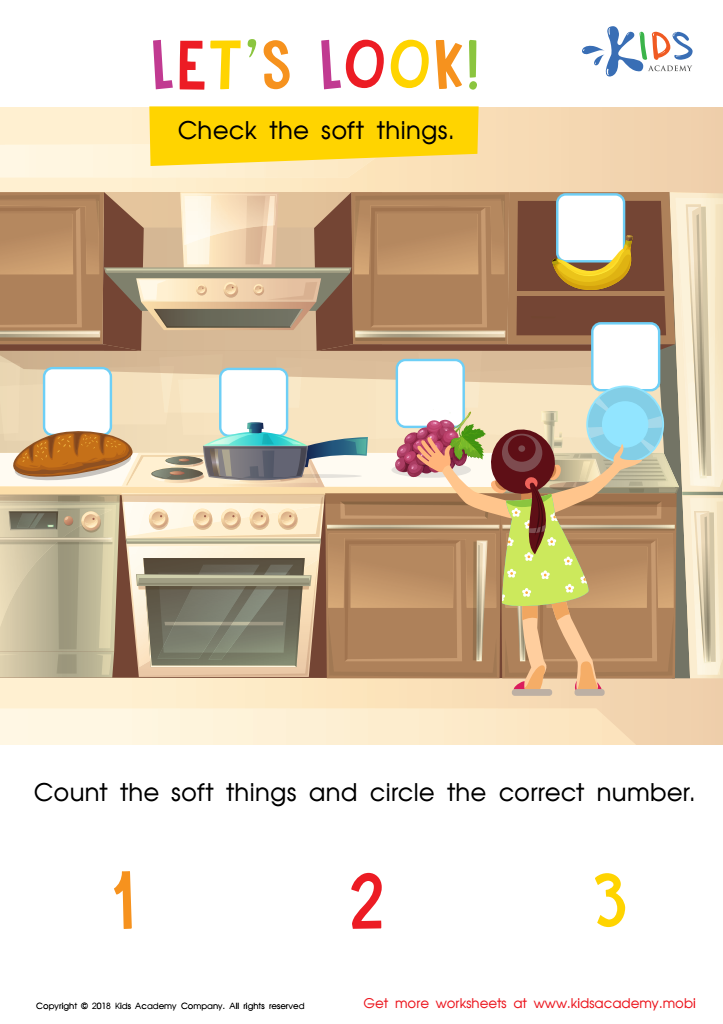

Let's Look! Assessment Worksheet


Carnivores Worksheet
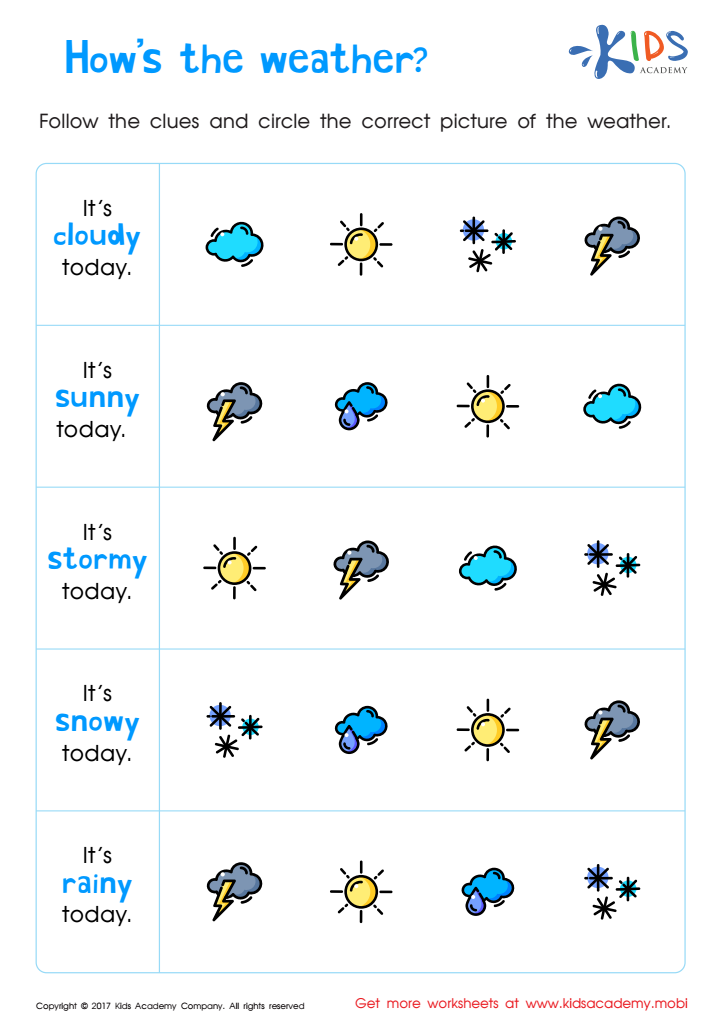

Hows the Weather Worksheet
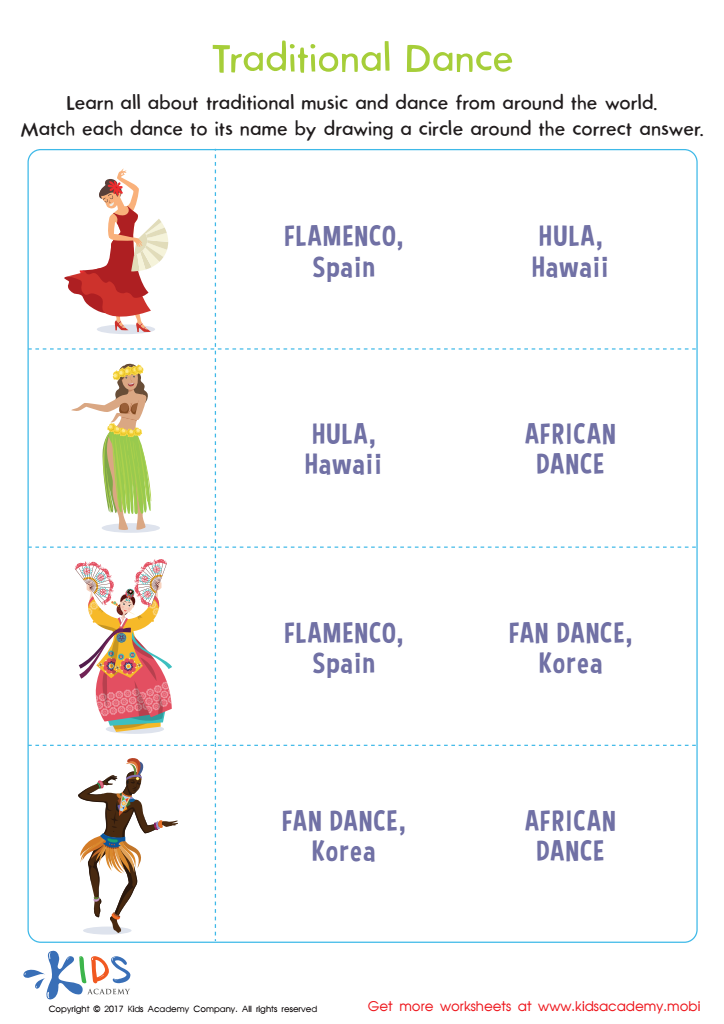

Traditional Dance Printable
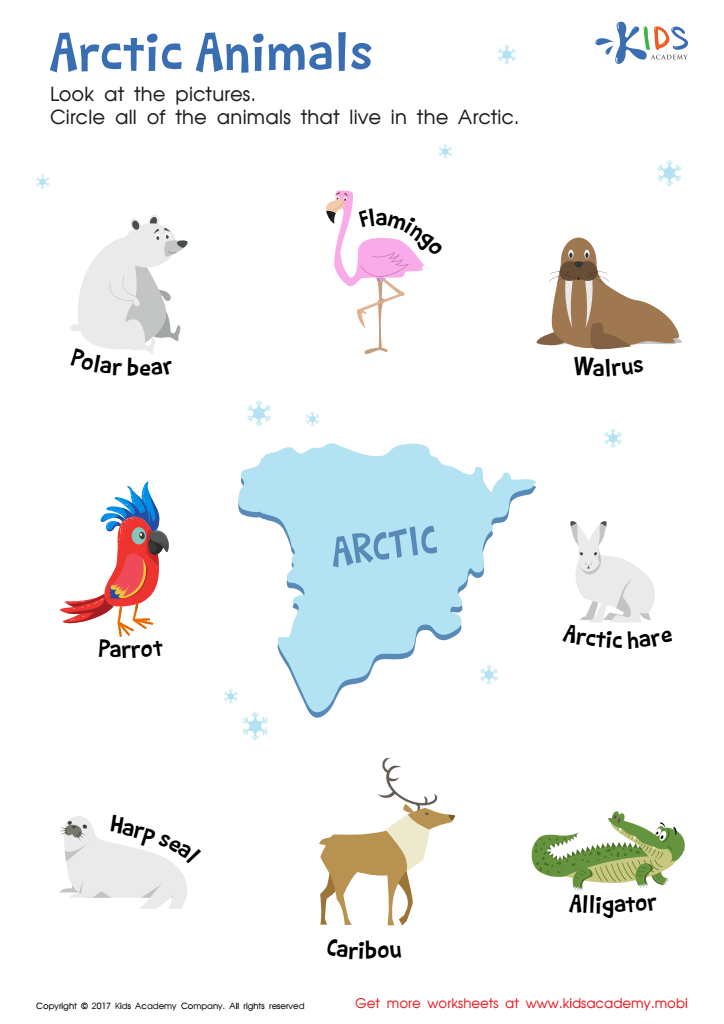

Arctic Animals Worksheet
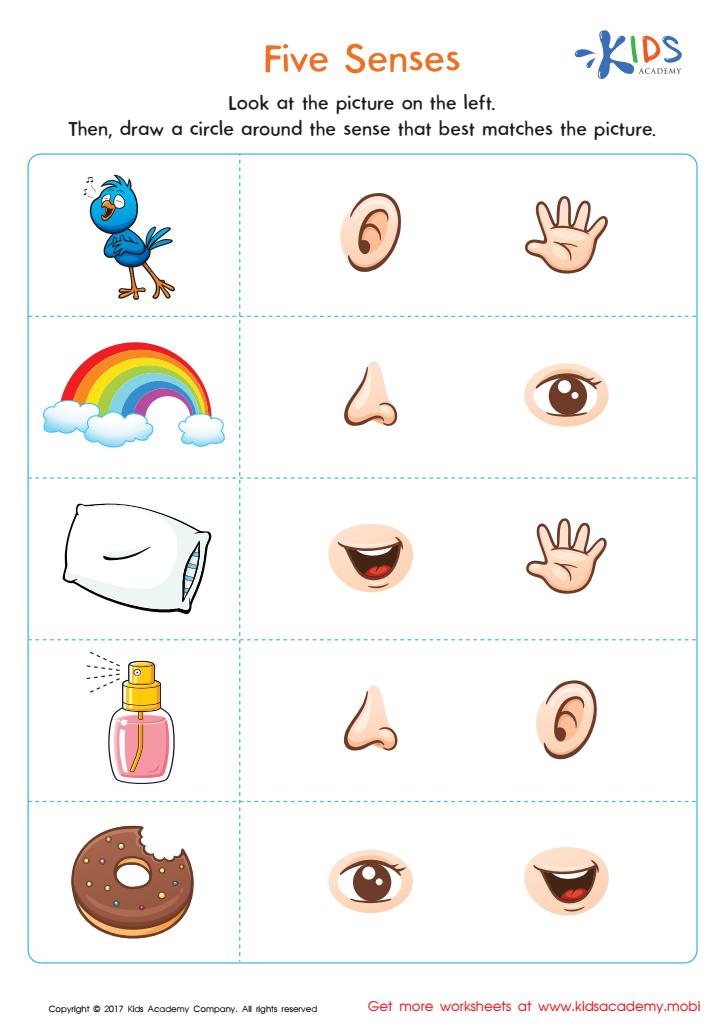

Five Senses Printable
Cognitive development is crucial for children aged 4-8 as it sets the foundation for their future learning and problem-solving abilities. During these formative years, children's brains undergo rapid growth. Teachers and parents play an essential role in fostering this development, as they can provide stimulating environments that encourage exploration and curiosity.
Understanding the normal cognitive milestones for this age group helps adults recognize individual differences in growth. Engaging activities—such as age-appropriate puzzles, storytelling, and interactive games—can enhance critical thinking and reasoning skills. By nurturing these abilities, adults enable children to make meaningful connections with the world around them, fostering emotional regulation and social skills.
Moreover, comprehensive knowledge of cognitive development allows teachers and parents to identify potential challenges early. This proactive approach ensures that appropriate interventions or support systems are in place, ultimately enhancing a child's learning experience.
Finally, recognizing the interplay between cognitive and emotional development helps adults support children effectively as they navigate peer relationships and develop self-confidence. By being attentive to cognitive development, parents and teachers contribute significantly to producing well-rounded, insightful individuals prepared for future academic and life challenges.
 Assign to My Students
Assign to My Students







.jpg)













